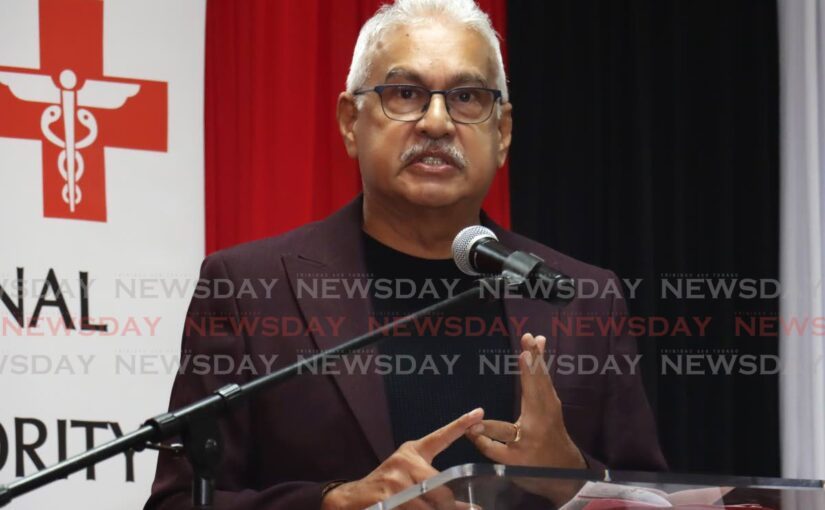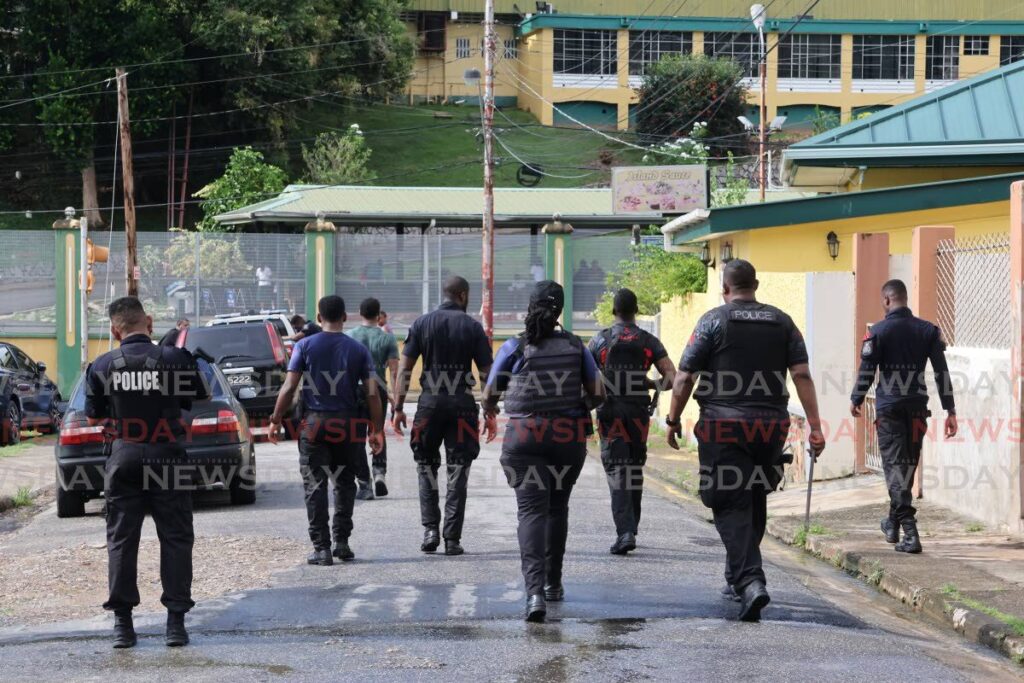Deadly delays
Written by Newsday on October 12, 2024

WITH CHEMOTHERAPY, there is no room for error.
The chemotherapy must be sterile. It must be tailored to the patient. The drug regimen must be carefully managed by doctors.
So the delays in chemotherapy services at the Cancer Centre of TT in St James, confirmed by the North West Regional Health Authority (NWRHA) in a media release on October 10, are disturbing.
The NWRHA attributes the situation to a toxic cocktail of circumstances.
An essential piece of equipment, a filter for a biological safety cabinet, is outstanding. There have been manufacturer delays and disruptions in shipping, coinciding with a US port strike between October 1 and 3.
“The authority deeply regrets any inconvenience,” the NWRHA said. “Patient care and safety remain our utmost priority.”
Yet that assurance rings hollow, given how often things like this happen. Equipment shortages, drug shortages, bed shortages, labour shortages – you name it, patients have experienced it.
To its credit, the NWRHA has put in place interim measures. It says the missing filter will arrive in two weeks.
However, none of this is cause for comfort, given that the situation should not have arisen in the first place. The ongoing expansion of the chemotherapy-mixing area to include additional cabinets proves this.
But the equipment problem is merely a symptom of a deeper malady. That is, a high demand relative to resources, something inadvertently acknowledged by the NWRHA when it admitted patients will still experience delays, notwithstanding its interim measures, due to “the volume of people” in need of chemotherapy and the off-site preparation of unique drug combinations.
When it comes to cancer treatment constraints, this country is not alone.
In England, 382,000 patients have not been treated on time since 2015, according to a Cancer Research UK report published in June.
Chemotherapy drug shortages have also hit the US in recent years.
Nationally, there remains a high prevalence of cancer, with at least 10,000 people living with the disease. October is Breast Cancer Awareness Month, marking the most common cancer among women.
The strain of such numbers has been compounded by the tardy way in which authorities communicate.
In its statement, the NWRHA did not say when the filter issue first arose.
But according to one letter to the editor, delays have been happening for “about three-four months now.”
How long have these delays really been happening, and should they not have been addressed sooner?
In 2019, the National Oncology Centre – promised by both prime ministers Patrick Manning and Kamla Persad-Bissessar – was scrapped. Instead, scarce funding went to other big health projects.
The health allocation in the latest budget has increased to $7.6 billion, making it the highest area of expenditure.
Will such spending make any difference when it comes to the frequent embarrassment of systems coming apart due to missing parts?
The post Deadly delays appeared first on Trinidad and Tobago Newsday.




